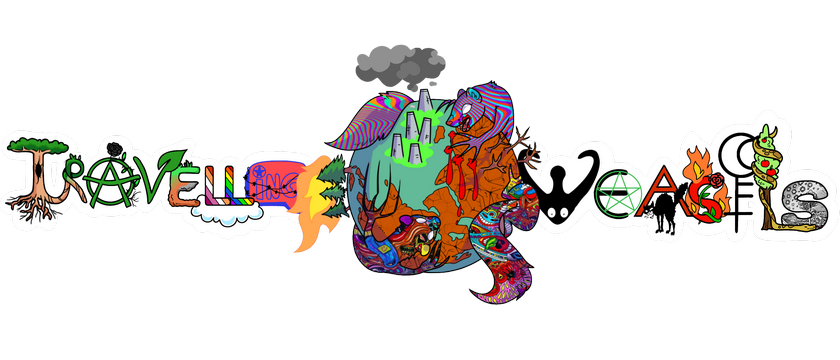Great news for those who are planning a trip to Cambodia on a K visa. On the 29th of June, 2020, the government has cancelled the mandatory deposit for COVID testing and medical attention for those travelling on a type K visa. Cambodia is registering no new coronavirus cases in the country and so far, there have been no victims among those who were infected in the past months. The deposit was intended from the beginning as a temporary restriction to be added to the regular Cambodia visa requirements in order to protect the local population from the spread of the disease and ensure that all foreign passengers from abroad get tested. It remains in place for all other foreign citizens.
Who Needs to Pay the Deposit to Enter Cambodia?
- Mandatory COVID testing ($165)
- Quarantine in case one or more passengers on the same flight test positive
- Quarantine and treatment in case the foreign national tests positive
How to Enter Cambodia
- Suspension of electronic visas and visas on arrival: foreign nationals now have to obtain a traditional visa from a Cambodian embassy (tourist visas may be significantly delayed to favour diplomatic, official, and business visas.)
- Mandatory health certificate: visitors must present a negative COVID test not older than 72 hours.
- Mandatory health insurance: foreigners must submit proof of insurance coverage for at least $50,000.
- Mandatory test on arrival: passengers are required to get tested upon arrival and wait for the lab results in official facilities. If one or more passengers on a flights test positive, all passengers must undergo quarantine in a location designated by the local authorities.
- Mandatory quarantine: if all passengers test negative, they still need to spend a 14-day period in isolation at their home or lodging of choice. This includes diplomats and officials.
- Transit suspension: at the moment, it is not possible to enter or depart Cambodia through land borders as the Cambodia-Laos, Cambodia-Thailand and Cambodia-Vietnam land borders are closed.
ABOUTME
We overland. We eat plants and fungi. We live outside as much as possible. We are all connected. A female travel blogger overlanding and writing about ecotourism, ethical and sustainable travel, socially conscious travel and housesitting. An online travel magazine since 2015.


Disqus Comment
Facebook Comment